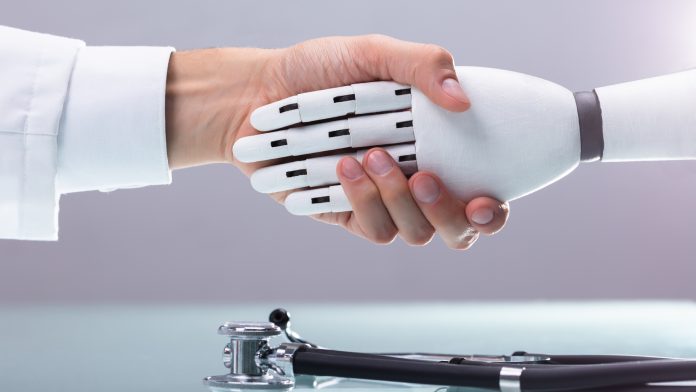
NHSX announced it has completed a major review of NHS tech spending, with some programmes to close, merge and some that have naturally come to an end.
Over the past few weeks NHSX CEO Matthew Gould has travelled around the country to hear from frontline staff, and following the review of NHS tech spending, the organisation has set its mission to reduce the burden on clinicians and staff, so they can focus on patients. This gives people the tools to access information, improve productivity and ensure clinical information can be safely accessed, wherever it is needed.
Clear patterns of NHS tech spending
Gould said: “As I’ve travelled round lots of different parts of the NHS in the past few weeks, clear patterns emerge. Number one is the need for interoperability. Too many NHS systems can’t talk to each other. It could be a blood test taken in one part of the NHS that can’t be viewed in another, a GP’s system that doesn’t update when a hospital switches a patient’s medication, a mental health crisis team who have no idea the patient also has a heart condition.”
“Our siloed systems put patient safety at risk because clinicians end up treating patients without the full information. They stifle innovation because developers can’t build on them.”
“We also know that too many clinicians are frustrated by clunky tech getting in the way of their ability to do their job. Across the country, doctors, nurses, dentists, social workers and others – all stretched and time-poor – are wasting huge amounts of time on painfully slow log- ins, fighting with old kit, or having to remember dozens of different passwords over the course of their day.”
“We need to help the whole NHS to become more digitally capable”
Gould adds: “We don’t want to build many digital services ourselves. There are plenty of clinicians, charities, start-ups and NHS trusts that can do a much better job of designing new services than we can at the centre. We will focus on creating platforms that other innovators can build on.
“To make it all happen, we need to help the whole NHS to become more digitally capable. It’s no good dreaming up grand digital projects from the centre if hospitals and GP surgeries don’t have the equipment, the skills or the capacity to see those plans through.
“Programmes that support interoperability and the joining up of data across population and place, like the Local Health and Care Records Exemplars, will continue. So too will the Global Digital Exemplar programme supporting 26 acute, mental health and ambulance trusts, but with more emphasis on the parts of the NHS that need most help. The NHS Digital Academy supporting current and future Chief Clinical Information Officers and Chief Information Officers will also continue.
“Some of our programmes are closing. This is either because they have delivered on their objectives and are being moved to live services, or because we want them to become a mainstream part of the way we design and deliver digital services in the NHS, not just a discrete project. Accessibility and digital inclusion, for example, should be something that all our teams think about.”










